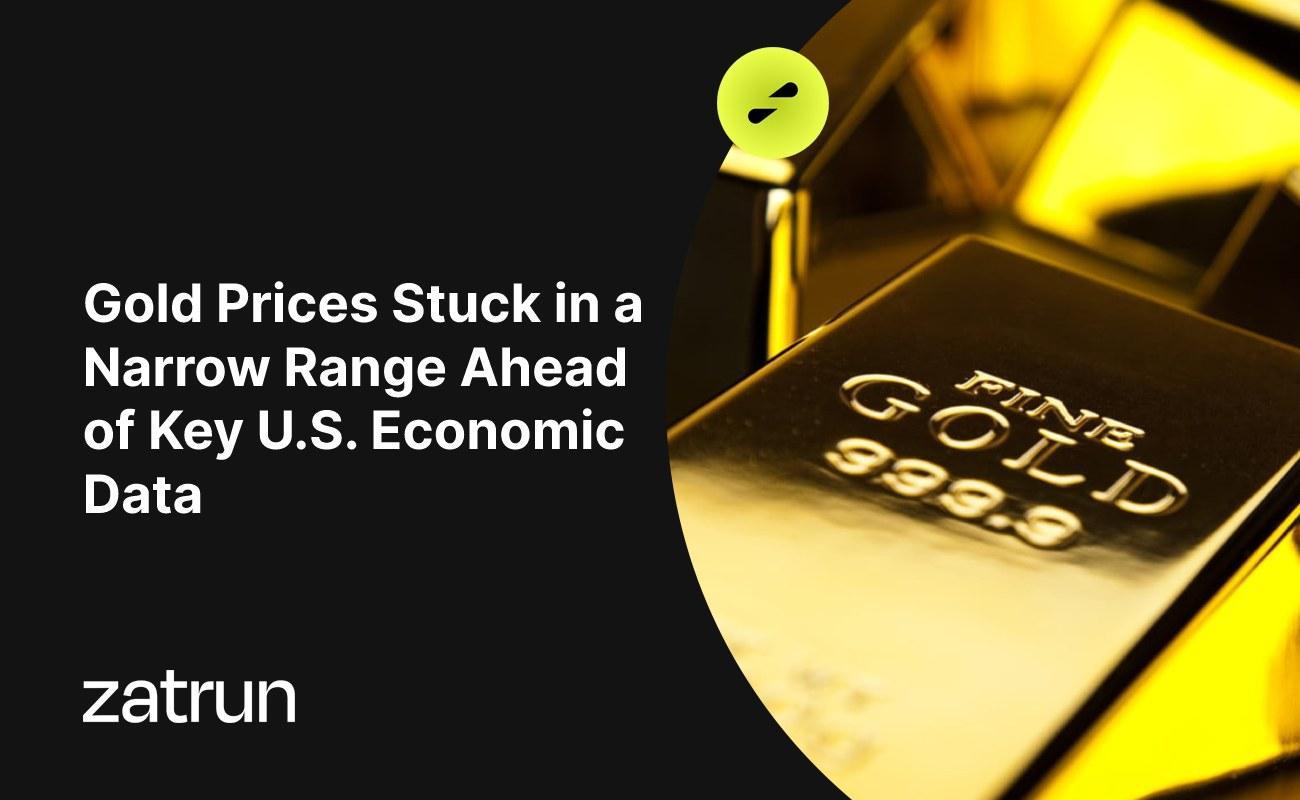Worries over a debt ceiling showdown are creeping into U.S. options markets, as investors grow increasingly concerned that lawmakers will be unable to hammer out a deal in coming weeks, potentially sparking stock volatility as a key deadline nears. If the news caught your attention, continue reading the Zatrun.com content below.

Although concerns related to raising the $31.4 trillion U.S. debt ceiling have been apparent in Treasury markets for a while, equities markets have been less fazed, with the S&P 500 doggedly holding onto a rally that has seen it gain 6% year-to-date.
In the options market, however, worries are bubbling as some analysts warn the so-called X-date, after which the government is no longer able to pay all its bills, could come in the first half of June.
While most investors still expect lawmakers will avoid a market churning 2011-style standoff, some are now hedging against the volatility that could result if negotiations come down to the wire or fail, sparking what Deutsche Bank analysts said could potentially be “the defining market event of the summer.”
Elevated Concern in Options Market
Elevated concern can be seen in one measure of S&P 500 skew – a gauge of relative demand for put versus call options – that has jumped to a one-year high, driven in part by some large trades that would pay out if equity volatility spiked in coming months.
Call options convey the right to buy the underlying security at a fixed price in the future, while puts convey the right to sell at a set price.
Meanwhile, the volatility term structure – a curve showing the change in expectation for future stock market gyrations – shows the July futures for the Cboe Volatility Index (VIX), often called “Wall Street’s fear gauge”, trading 1.2 points higher than June, the largest gap of any two months between June and December.
Market participants also pointed to a single trade last week in which a buyer purchased $16 million in VIX options that would pay out if volatility spiked in June as a likely protection play against debt ceiling-related turmoil.
Investors Eye July as Key Month
Some investors are particularly focused on July, as that is when the Treasury Department has said it will run out of extraordinary measures it can use to avoid default.
“The July VIX futures are trading at a much higher level than the June futures, which is a sign that investors are pricing in a lot more volatility in July,” said Max Grinacoff, equity derivative strategist at BNP Paribas. “That’s likely because investors are concerned that if there is a debt ceiling showdown, it will drag on into July.”
While most investors still expect lawmakers will avoid a default, the growing concern in the options market is a sign that some investors are taking the risk seriously. If a default does occur, it would have a devastating impact on the U.S. economy and financial markets. It would also likely lead to a sharp sell-off in stocks, as investors would flee to safety. Investors should be aware of the risks associated with a debt ceiling showdown and should take steps to protect their portfolios.












